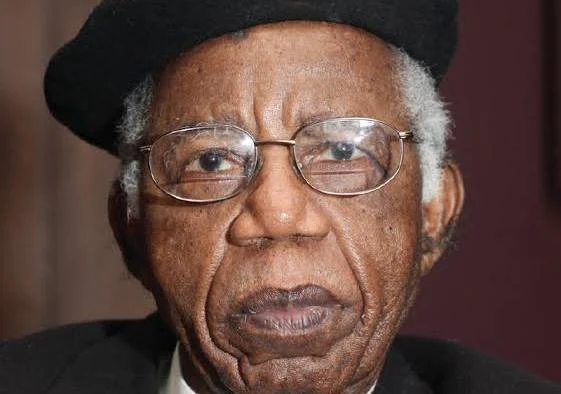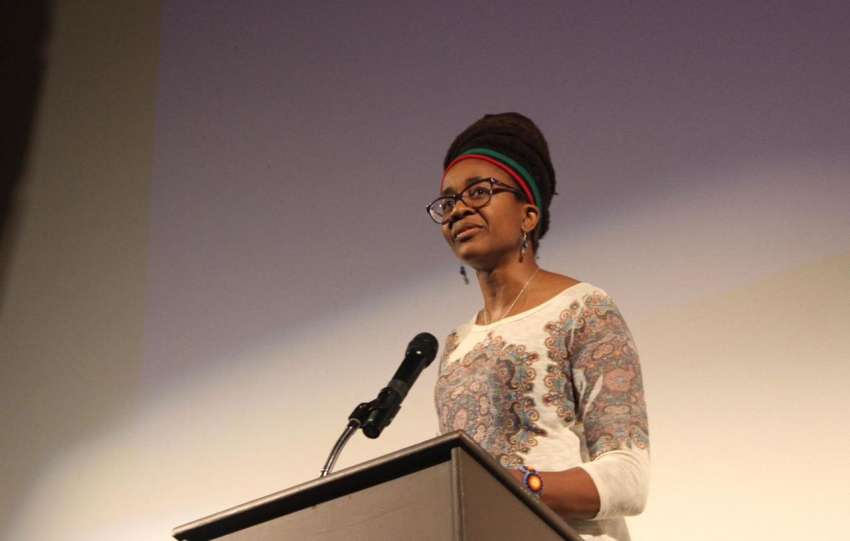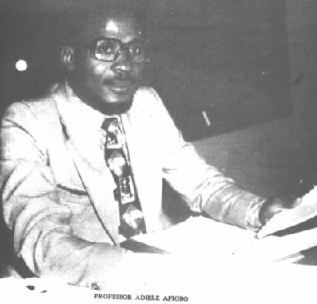In the heart of Africa, where words carry rhythm and wisdom, stood Fredrick Nnabuenyi Ugonna, a man whose life became a testament to the saying, “A na-amụta asụsụ n’ụlọ ka e wee mara onye bụ onye” (One learns language at home to know where they come from). He was not just a linguist but a cultural torchbearer whose scholarly brilliance elevated the Igbo language and culture onto the global stage. His work, deeply rooted in the spirit of identity and preservation, revealed the soul of a people whose language sings of resilience, history, and pride.
Born into a society where colonial influence often overshadowed indigenous tongues, Ugonna became a fierce advocate for linguistic and cultural authenticity. His dedication to the Igbo language was not merely academic; it was personal, spiritual, and profoundly patriotic.
Early Life and Education
Fredrick Nnabuenyi Ugonna was born in 1936 in Amaokpara/Ihitenansa, Imo State, Nigeria. From an early age, he exhibited a deep curiosity about words and communication. His fascination with how people spoke, thought, and interacted through language laid the foundation for his later academic pursuits.
Ugonna pursued his higher education at the University of Ibadan, one of Africa’s most prestigious institutions, before continuing his studies in Europe. His passion led him to specialise in linguistics, particularly focusing on African and Igbo studies. This commitment soon earned him recognition as one of Nigeria’s leading intellectuals in the field of language and cultural preservation.
He often echoed the Igbo proverb, “Asụsụ bụ ndụ” (Language is life). To him, language was not just a tool of expression but the heartbeat of identity; to lose one’s tongue was to lose one’s roots.
A Scholar of Linguistic Brilliance
Ugonna’s academic journey was marked by groundbreaking research and publications that explored the complexities of African languages and their intersections with identity and literature. He was a firm believer that African languages carried philosophies, idioms, and wisdom that could not be fully translated into colonial tongues.
One of his notable works was his editing and interpretation of Christopher Okigbo’s poetry, through which he shed light on the linguistic artistry embedded in African literary forms. His writings combined the intellectual rigour of a scholar with the passion of a cultural activist.
In addition, Ugonna’s studies on Igbo phonology, semantics, and etymology contributed immensely to the standardisation and development of the modern Igbo language. His research also influenced how African languages were taught in universities across the continent and beyond.
Cultural Advocacy and Legacy
Fredrick Nnabuenyi Ugonna’s mission extended beyond academia. He believed that every Igbo person bore the sacred duty to protect and pass on their heritage. In his lectures, he reminded his students that “Ihe a na-ekwu bụ eziokwu, onye na-agaghị ekwu asụsụ ya agaghị ama onwe ya” (It is true; one who cannot speak their language cannot truly know themselves).
He served as a bridge between tradition and modern scholarship, emphasising that modernisation should never mean cultural erasure. Through his leadership and advocacy, Ugonna became instrumental in advancing Igbo as a language of instruction, research, and creative expression.
His voice resonated in global conferences, where he championed the inclusion of African linguistic and cultural studies in mainstream academia. His influence helped pave the way for future scholars of African descent to pursue language studies with pride and purpose.
A Global Scholar with Igbo Roots
Though Ugonna’s academic footprint reached international circles, he never detached himself from his Igbo identity. He often reflected on his heritage with humility, stating that his achievements were possible because of the values of diligence and community ingrained in him as an Igbo man.
His colleagues described him as gentle yet firm; a man whose intellect commanded respect and whose humility inspired admiration. His scholarship became a beacon for African intellectual independence at a time when colonial narratives still dominated global discourse.
Fredrick Ugonna stood as a living embodiment of the proverb, “Mmiri mara mma adịghị egbu anụ ọhịa” (Good water does not harm the forest animals). His brilliance nurtured others; it never destroyed but rather built bridges of understanding between Africa and the world.
The Enduring Flame of His Legacy
When Ugonna passed away in 1990, Africa lost one of its most profound voices of cultural preservation. Yet, like the flames that dance in the evening sky, his legacy continues to illuminate the path for linguists, writers, and cultural custodians. His works are still referenced in academic discussions on African languages and postcolonial identity.
Institutions continue to honour his contributions, and his writings serve as essential resources for scholars exploring Igbo syntax, translation, and comparative linguistics. More than anything, Ugonna’s legacy reminds us that heritage, like language, must be lived and spoken to survive.
As the Igbo say, “Ihe onye metere na-adị ndụ, ma onye ahụ anwụọ” (What a person has done lives on even after they die). Through his words, teaching, and scholarship, Fredrick Nnabuenyi Ugonna lives on, not only as a man but as a movement for cultural awakening.
Fredrick Nnabuenyi Ugonna’s life embodies the spirit of a people who value wisdom, identity, and heritage. He was more than a scholar; he was the guardian of the Igbo linguistic soul. His story calls out to future generations, urging them to remember that progress without identity is like a tree without roots.
In a world where global influences often blur cultural lines, Ugonna’s message remains clear: “Igbo bụ ndụ” (Igbo is life). His enduring legacy stands as both a mirror and a map, reflecting where the Igbo have come from and guiding where they must go.
References:
- Biography.igbopeople.org. (n.d.). Frederick Nnabuenyi Ugonna.
- Dbpedia.org. (n.d.). F. Nnabuenyi Ugonna.
- Wikipedia. (n.d.). F. Nnabuenyi Ugonna.




